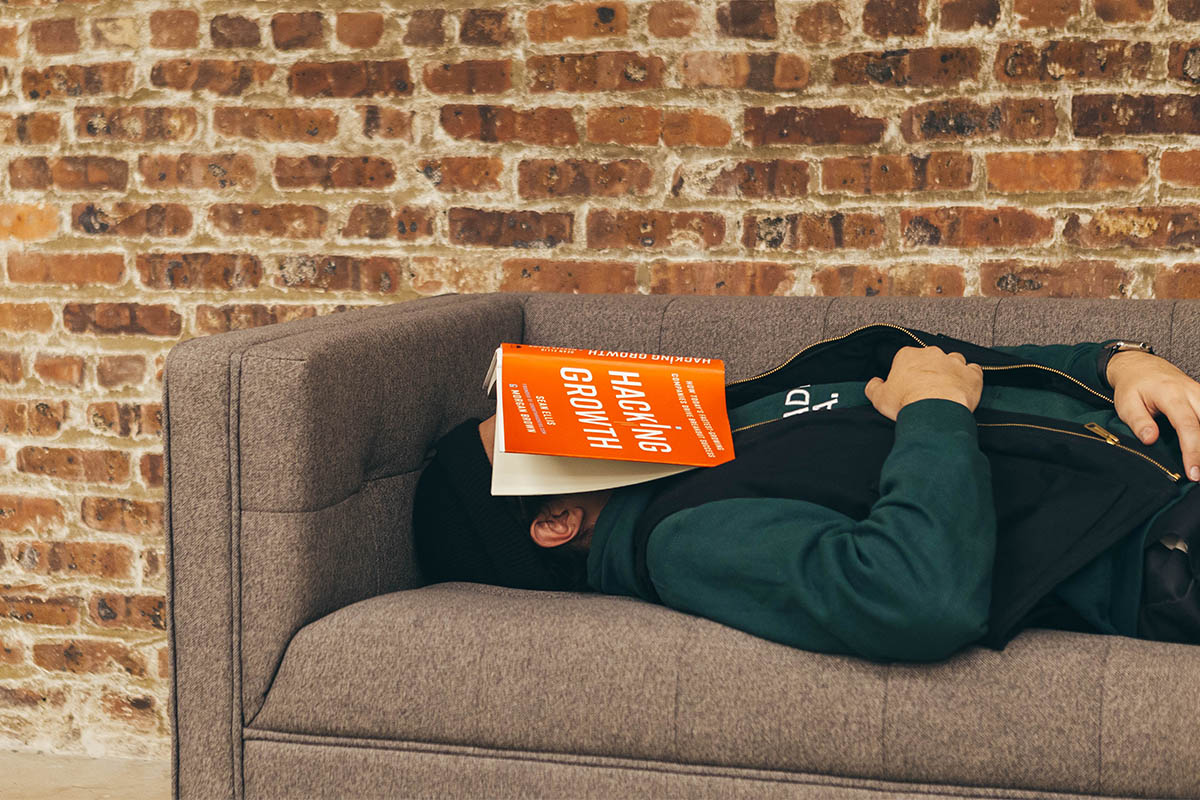According to a recent study published in the Journal of Personality and Social Psychology, having too much discretionary time is “linked to lower subjective well-being.” In other words: more free time won’t always make you happier.
It sounds pretty damn counterintuitive — who wouldn’t want to lie on the beach or couch all day long? — but the project’s researchers discovered that having an abundance of task-less time often leads to a “lacking sense of productivity,” which can only be reduced when people spend time on activities that give them a sense of purpose.
Marissa Sharif, an assistant professor at the University of Pennsylvania and lead author of the study, told The Washington Post that a “moderate” amount of free time appears to be best: “[It] leads people to be better off or happier compared to having a large amount of free time.”
What does moderate mean? Somewhere between two to five hours a day. Push past five hours and human beings tend to feel aimless and idle. They rue their lazy choices (e.g., Netflix binges) and have trouble commencing whatever creative project they swore they’d start (e.g., the next great American novel).
In order to reach these conclusions, the authors analyzed data sets from both the Bureau of Labor Statistics’ American Time Use Survey and the Society for Human Resource Management’s National Study of the Changing Workforce to get a feel for how much free time Americans have, and how they generally respond to that free time.
Fascinatingly, the study also pointed out that having too little free time is a poor mental health play. That may not seem particularly revelatory, but it’s a reminder that the American worker — one of the most over-stressed employees in the world — gravely needs. In this case, spending less than two hours a day on time to oneself (whatever that may mean to you), will lead to a drop in well-being.
The key here is to find an amount of time between two to five hours that works on a consistent basis, and can be revisited after life-changing events. Consider: the period in between jobs, or immediately after your retirement. Having a plan (which you can keep reasonably loose, for spontaneity reasons) is your best friend.
And speaking of friends, about the only situation in which having too much free time actually helped subjective well-being was when it was spent with friends, family and colleagues. So pencil in leisure time with peers. Think dinners, tennis leagues, game nights. Alone time can be healthy too — a reading habit is dynamite for your mental health — but too much of it could put pressure on your psyche in the long run.
The Charge will help you move better, think clearer and stay in the game longer. Subscribe to our wellness newsletter today.


















